detail profile zinaida kirienko

Zinaida Kirienko
Zinaida Kirienko
atau dikenal sebagai
Riwayat Hidup
Zinaida Kirienko is a recognised Soviet actress, who played vivid roles in the films Poem of the Sea, The Fate of a Man and others.
She gained all-Union fame after playing the role of Natalia in the film of her teacher Sergei Gerasimov, Quiet Don.
Info Pribadi
Peran Yang Di Mainkan Zinaida Kirienko
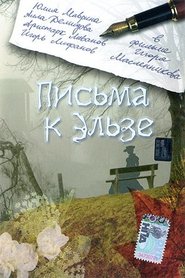 Charming young Olga marries a successful...
Charming young Olga marries a successful...Letters to Elsa 2002
Charming young Olga marries a successful businessman. It is surrounded by luxury and well-being. A wealthy husband is ready to fulfill any whim of a beautiful wife. Olga is an airy woman who is fond of doing herbariums, sewing dolls, reciting poems to servants and loves her oligarch husband very much.
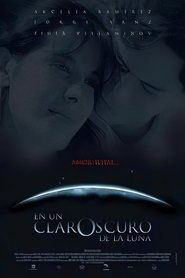 Ana starts falling in love with...
Ana starts falling in love with...In the Shadow of the Moon 1999
Ana starts falling in love with an ecologist engineer that comes with her father who is from Russia.
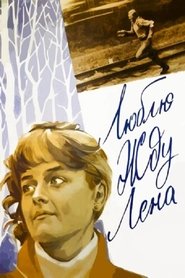 The former paratrooper and now the...
The former paratrooper and now the...Love You. Waiting. Lena 1983
The former paratrooper, and now the worker of the geological party Sergey Krutov, hurries to the station to meet a stranger girl and take a note from her for his friend - Having delivered the cherished message, he gladly learns about the arrival of the one he was thinking about, saving someone else's love.
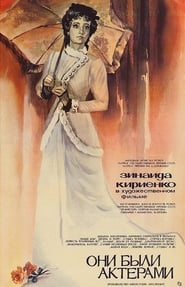 The plot of the film is...
The plot of the film is...They Were Actors 1981
The plot of the film is based on real events of the Great Patriotic War. When the Nazis occupied Crimea, the actors of the drama theater of the city of Simferopol entered the underground group Sokol. The activities of the underground members were diverse: they put up leaflets with information from Soviet Information Bureau, compiled maps showing the strategic objects of the enemy, and supplied the partisans with medicines. On April 10, 1944, 3 days before the liberation of Simferopol, the underground members died from enemy bullets — they were shot on the outskirts of the city.
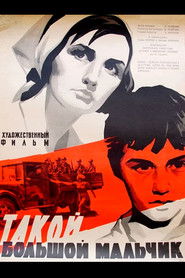 In the first days of the...
In the first days of the...Such a Big Boy 1967
In the first days of the Second World War, a young woman with three children is evacuated from the front-line zone to the Urals. After some time, she receives a funeral for her husband. But she has her little sons with her. The eldest son Kolya becomes a reliable assistant to his mother.
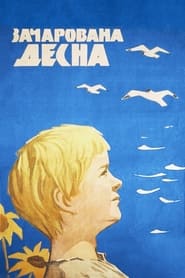 Based on the novel of the...
Based on the novel of the...The Enchanted Desna 1964
Based on the novel of the same name by Oleksandr Dovzhenko. About the childhood of the famous Soviet film director Oleksandr Dovzhenko, who was born on the ancient lands of Chernihiv, along the banks the Desna. The film consists of two parts. The first is the world shown through the impressions of the six-year-old Sashko. The second is the recollections and reasoning of Sashko, now an elderly colonel who liberates his native village during the war.
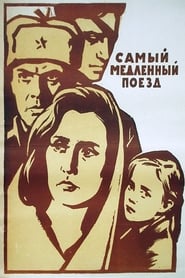 Spring 1943 A military train is heading...
Spring 1943 A military train is heading...The Slowest Train 1963
Spring, 1943. A military train is heading from a city, just liberated from the fascists. A special carriage with divisional printing-works is hitched to the train. Manager of the printing-works and correspondent expects he will travel alone, and even makes a prudent sign on the door - mines. But gradually the carriage starts to get filled with uninvited fellow travelers. The first were an injured soldier with a girl, then - a pregnant woman with escort, two communist party members, an actress, aunt Pasha, and others. The correspondent has nothing but to put up with it, because he cant turn out people, who suffer from the war, each in his/her own way.
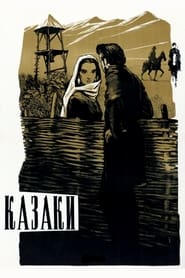 Historical drama based on the eponymous...
Historical drama based on the eponymous...The Cossacks 1961
Historical drama based on the eponymous novel by Leo Tolstoy. Junker Olenin, a representative of St.Petersburg's golden youth, is traveling from St.Petersburg to the Caucasus in search of romance. His regiment is stationed in the Cossack village. Here he falls in love with the beautiful Maryana and is ready to marry her, but she loves the Cossack Lukashka and is not going to exchange him for the master...
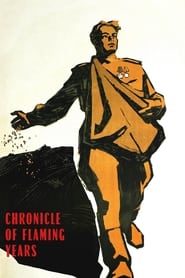 Once again director Yulia Solnsteva directs...
Once again director Yulia Solnsteva directs...Chronicle of Flaming Years 1961
Once again, director Yulia Solnsteva directs a movie that her late husband Alexandre Dovchenko scripted but did not live long enough to shoot. In this wartime drama, the emphasis is on the heroics of both the civilians and the soldiers during times of severe stress in World War II. At the core of the action is one man in particular, whose sacrifices and heroics speak for a much larger group.
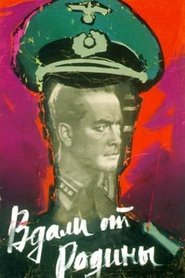 Soviet intelligence officer Lieutenant Goncharenko under...
Soviet intelligence officer Lieutenant Goncharenko under...Far from the Motherland 1960
Soviet intelligence officer, Lieutenant Goncharenko, under the name of Baron Heinrich von Goldering is thrown into the deep German homeland on a mission to find out the location of the secret underground plant that produces new types of weapons.
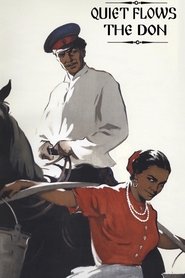 Based on the novel of the...
Based on the novel of the...Quiet Flows the Don 1957
Based on the novel of the same name by Mikhail Sholokhov, about the fate of people broken by the First World War, the October Revolution of 1917 and the Civil War in Russia (1917-1922), about the collapse of the foundations and ideals of the Don Cossacks of Russia at the beginning of the XX century, about the personal tragedy of the protagonist — Grigoriy Melekhov.
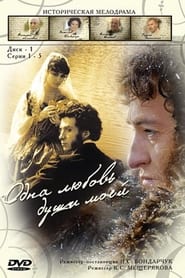
 The story of activity of partisan...
The story of activity of partisan...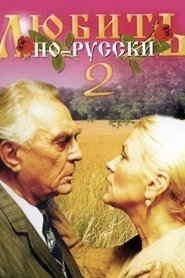
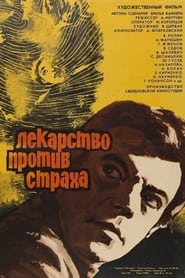 A police detective is trying to...
A police detective is trying to...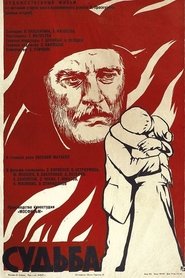 A war comes to the life...
A war comes to the life...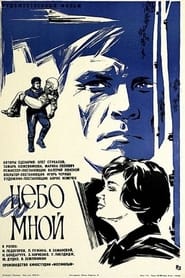
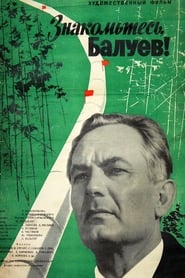
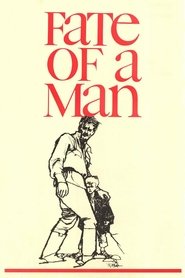 The story of a man whose...
The story of a man whose...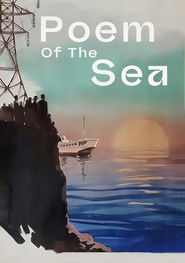 A Soviet dam project means that...
A Soviet dam project means that...